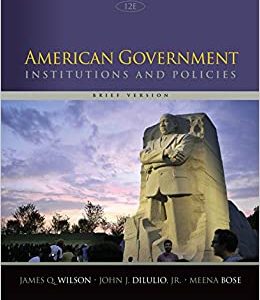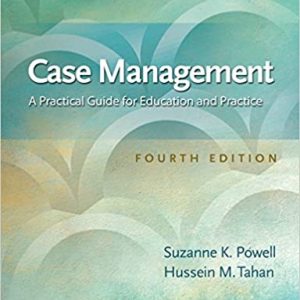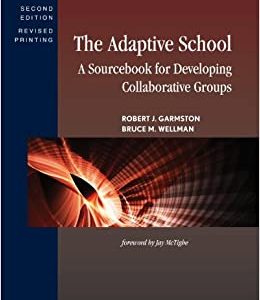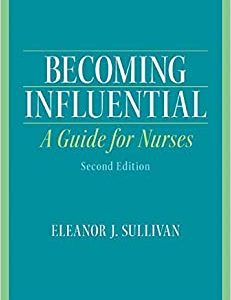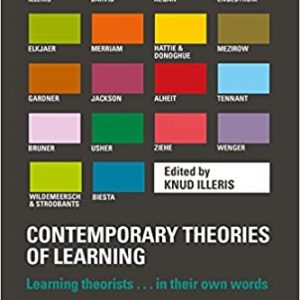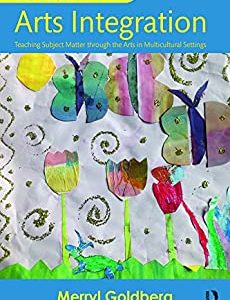Overview
?
Disability is not just the story of someone we love or the story of whom we may become; rather it is undoubtedly the story of our nation. Covering the entirety of US history from pre-1492 to the present,?A Disability History of the United States?is the first book to place the experiences of people with disabilities at the center of the American narrative. In many ways, it?s a familiar telling. In other ways, however, it is a radical repositioning of US history. By doing so, the book casts new light on familiar stories, such as slavery and immigration, while breaking ground about the ties between nativism and oralism in the late nineteenth? century and the role of ableism in the development of democracy.A Disability History of the United States?pulls from primary-source documents and social histories to retell American history through the eyes, words, and impressions of the people who lived it. As historian and disability scholar Nielsen argues, to understand disability history isn?t to narrowly focus on a series of individual triumphs but rather to examine mass movements and pivotal daily events through the lens of varied experiences. Throughout the book, Nielsen deftly illustrates how concepts of disability have deeply shaped the American experience?from deciding who was allowed to immigrate to establishing labor laws and justifying slavery and gender discrimination. Included are absorbing?at times horrific?narratives of blinded slaves being thrown overboard and women being involuntarily sterilized, as well as triumphant accounts of disabled miners organizing strikes and disability rights activists picketing Washington.
Engrossing and profound,?A Disability History of the United States?fundamentally reinterprets how we view our nation?s past: from a stifling master narrative to a shared history that encompasses us all.
Product Details
| ISBN-13: | 9780807022030 |
|---|---|
| Publisher: | Beacon Press |
| Publication date: | 10/02/2012 |
| Series: | REVISIONING HISTORY?, #2 |
| Sold by: | Penguin Random House Publisher Services |
| Format: | NOOK Book |
| Pages: | 272 |
| Sales rank: | 241,528 |
| File size: | 2 MB |
About the Author
Read an Excerpt
From the Introduction
When I crossed the stage to receive my PhD in history in 1996, I had no plans to become a historian of disability. ?I love history: the captivating stories and the satisfying intellectual bite of a vigorous analysis. ?At the time, if asked, ?and if I?d been honest, ?I?d have ?considered ?the topic of disability ?too ?soft??all that ?pity and ?empathy?too ?boring, ?and ?too ?far removed ?from ?the ?real??hard? stories of history. Was I wrong!
I?ve learned that disability pushes us to examine ourselves and the difficult questions about the American past. Which peoples and which bodies have been considered fit and appropriate for public life and active citizenship? How have people with disabilities forged their own lives, their own communities, and shaped the United States? How ?has disability ?affected ?law,? policy, economics, ?play, ?national ?identity, ?and ?daily ?life? The answers to these questions reveal a tremendous amount about us as a nation.
A Disability ?History ?of the United ?States?places the experiences of people ?with disabilities ?at ?the ?center ?of the ?American story. In many ways, this is a familiar telling. In other ways, how- ever, it is a radical repositioning of US history. ?As such, it casts new light on familiar stories (such as slavery and immigration), while also telling new stories (such as the ties between nativism and oralism in the late nineteenth century). ?It also makes clear that there has been no singular disability experience. Although people with disabilities share social stigmatization, and some- times are brought together by common experiences and common goals, their lives and interests have varied widely according to race, class, sexuality, gender, age, ideology, region, and type of disability?physical, cognitive, sensory, and/or psychological.
While telling the history of people with disabilities,?A Disability History of the United States?will also tell the history of the concept of disability. ?These are two very different tasks. ?Throughout US history, disability has been used symbolically and metaphorically in venues as diverse as popular culture (freak shows, for example) and language (?That?s so lame?; ?What a retard?; ?special?).
When?disability? is considered to be synonymous with ?deficiency? and ?dependency,? it contrasts sharply with American ideals of independence and autonomy. Thus, disability has served as an effective weapon in contests over power and ideology. For example, at varying times, African Americans, immigrants, gays and lesbians, poor people, and women have been defined categorically as defective citizens incapable of full civic participation.
The ?story ?of US history ?is often ?told ?as a story ?of independence, rugged individualism,? autonomy, and self-made men (and occasionally ?women) ?who, through ?hard ?work and determination, move from ?rags to riches. Just as the colonists sought ?and gained independence ?from Great? Britain in order? to create a successful ?and powerful ?country, ?so must ?individual ?citizens ?seek and gain independence in order to create successful and powerful selves. The idealized notion holds that we are a nation of Horatio Algers, perpetual train engines chugging our way (I think I can, I think I can) up to the city on the hill, insisting that we can do it ourselves. ?And, of course, the US democracy is founded on the premise that citizens?are?capable. ?It is the responsibility and privilege of citizens to vote, contribute economically, and have a say in their government. As citizens, ?as good citizens, ?we are to? ?stand ?on? our ?own ?two ?feet? ?and ?speak ?up for ourselves? (ableist phrases, if ever there were). In this version of the national story, independence is good and dependency is bad. Dependency means inequality, weakness, and reliance on others.
Table of Contents
Introduction
ONE
The spirit chooses the body it will occupy:Indigenous North America, Pre-1492
TWO
The poor, vicious, and infirm:Colonial Communities, 1492?1700
THREE
The miserable wretches were then thrown into the sea:The Late Colonial Era, 1700?1776
FOUR
The deviant and the dependent:Creating Citizens, 1776?1865
FIVE
Iam disabled, and must go atsomething else besides hard labor: The Institutionalization of Disability, 1865?1890
SIX
Three generations of imbeciles are enough:The Progressive Era, 1890?1927
SEVEN
We don?t want tin cups:Laying the Groundwork, 1927?1968
EIGHT
I guess I?m an activist. I think it?s just caring:Rights and Rights Denied, 1968?
Epilogue
Acknowledgments
Notes
Index




